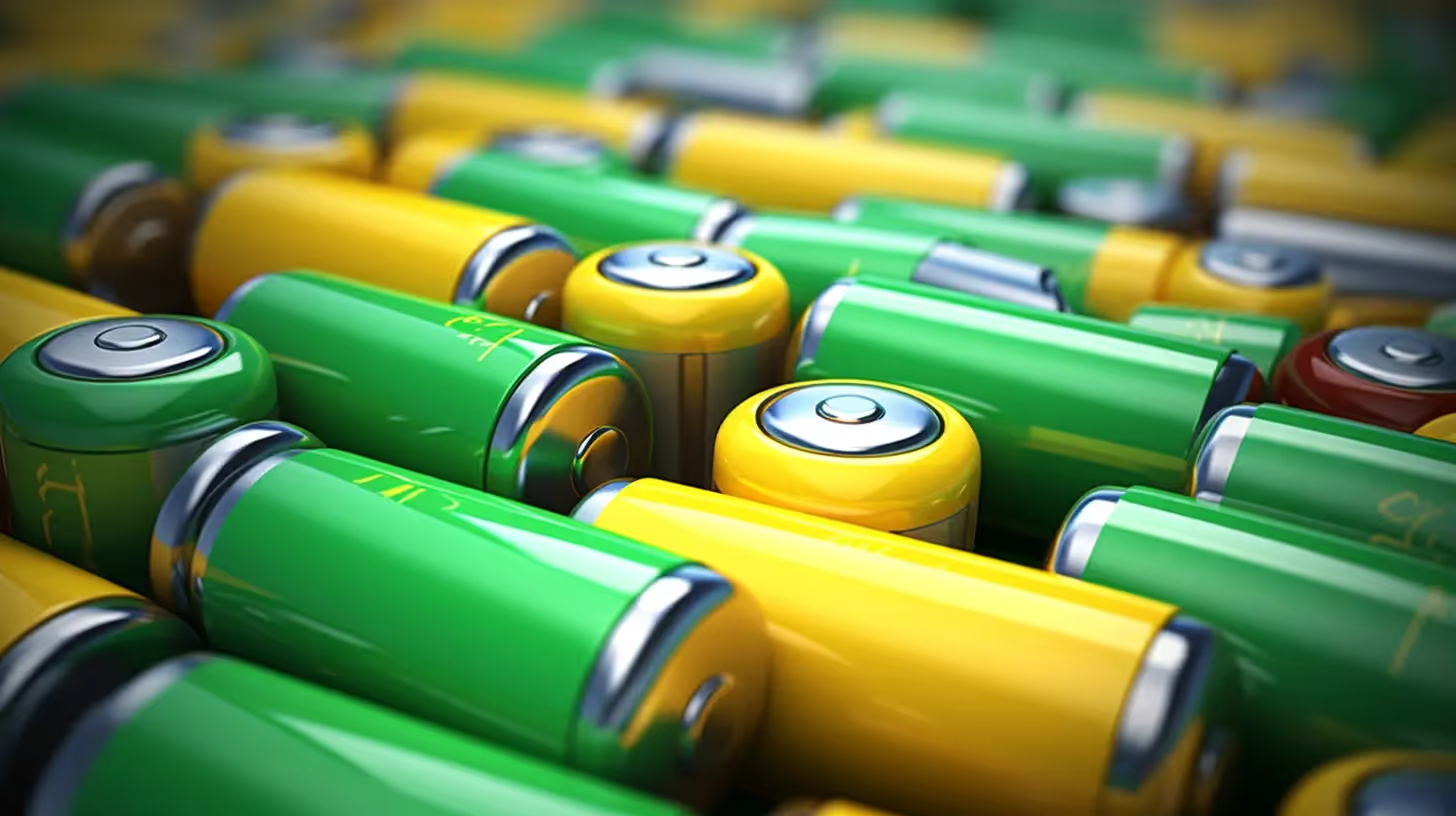What We Do
Location
123 Business Street, Suite 456
New York, NY 10001, USA
Contact us


The quest for a sustainable, fossil-free future has led to a remarkable innovation in battery technology. Researchers from Chalmers University of Technology have introduced sodium-ion batteries, a promising alternative to the traditional lithium-ion, harnessing common materials like table salt and biomass.
This breakthrough addresses a critical global challenge: the looming scarcity of raw materials like lithium and cobalt, essential in conventional batteries. Sodium-ion batteries, with their climate-friendly profile, align with the European Commission's critical raw materials strategy, ensuring a stable supply of resources vital for the green energy transition.
The development of sodium-ion batteries opens up a new frontier for businesses. Companies in the renewable energy sector now have the opportunity to invest in this emerging technology, potentially leading the way in sustainable energy storage. This innovation not only offers a profitable venture but also contributes to reducing geopolitical risks associated with the limited sources of lithium and cobalt.
For individuals, the advent of sodium-ion batteries represents an opportunity to support and invest in sustainable technologies. By choosing products and services that incorporate these eco-friendly batteries, consumers can contribute to reducing the environmental impact of their energy usage.
The shift to sodium-ion batteries is a significant stride towards an environmentally responsible future. It exemplifies how innovation can align with sustainability, offering a practical solution to one of the most pressing challenges of our times – the transition to renewable energy.
1. What are the environmental benefits of sodium-ion batteries compared to lithium-ion?
Sodium-ion batteries offer a similar climate impact to lithium-ion but use more abundant and less geopolitically sensitive materials.
2. How can businesses benefit from this technology?
Businesses in the energy sector can explore new markets and invest in sodium-ion battery production, leveraging its sustainability and resource efficiency.
3. What role can individuals play in this transition?
Individuals can support the adoption of sodium-ion technology by choosing products using these batteries and advocating for renewable energy solutions.